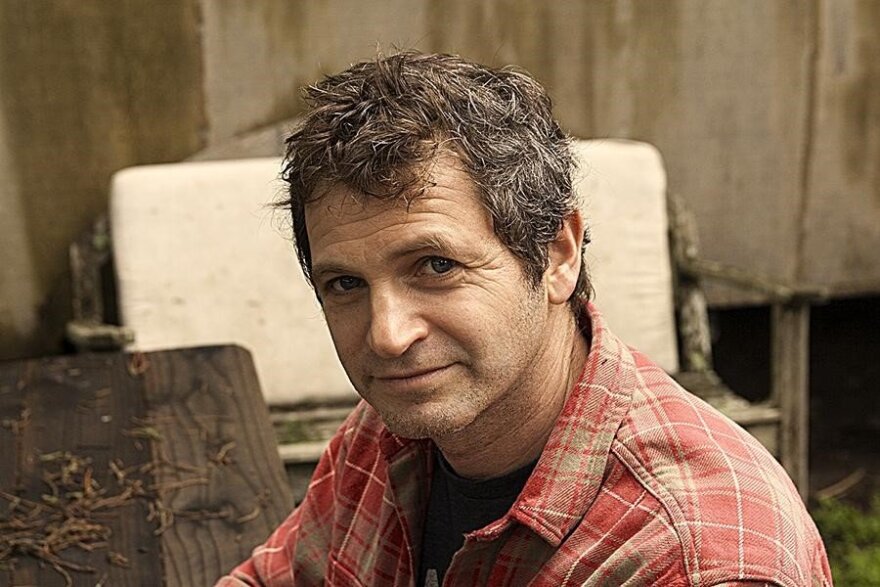Peter Orner’s new memoir-in-essays is a book about a lot of other books. But it’s also a book of personal stories. Peter Orner is our guide through poignant, powerful works of literature where a single day’s mundane moments resonate and bloom into momentous experiences of a lifetime and a small, specific place on a map can be any place in the entire world.

Highlights from the interview with Peter Orner
On the place where Peter Orner does much of his writing
I have a little studio space in an old railroad hotel in White River Junction in Vermont. A lot of this book was written during the pandemic, obviously, which still goes on, but some of it was written at the height of the pandemic when we were on lockdown. There was a mandate… that only essential workers could be moving around. And I was not an essential worker…So I'd go into the hotel where I was completely alone in this old rambling, “The Shining”-like hotel. And I'd just be sitting there, you know, the only person. And it was weird, and it was quiet and lonely, and I loved it…And this book comes out of that sensibility…alone in a big, old hotel.
On “The Woman on the Bridge over the Chicago River” by Allen Grossman
The title of that poem speaks for itself, right? “The woman on the bridge over the Chicago River.” It’s a poem about weeping, and it starts out, everything's weeping. The trees are weeping, the grass is weeping, the wind is weeping, the sun is weeping. Everything's weeping…the moon is weeping. Everything's weeping. Insects are weeping, horses are weeping…Then the poem shifts from all that weeping to a very specific instance of weeping where the poet is remembering, as a young boy, seeing a woman standing on the bridge over the Chicago River and crying into the river. It's just an image that has stuck with him all those years. It got me thinking about what that kind of sorrow means when you just let it go and where you are doesn't matter. And I think that poem sort of speaks to that.
On calling “Still No Word from You: Notes in the Margin” a “memoir.”
I run away from the word “memoir,” but then I realize that, yes, it's what it is. It just isn't what you normally might think of as one. I've used this phrase before and I think maybe I overuse it, but the idea of just sort of a “reluctant” memoir, at least that's what the last one (“Am I Alone Here?: Notes on Living to Read and Reading to Live”) was. I don't think this one was actually reluctant. It's an acknowledgement that reading and thinking about other people's words are intrinsic to my own existence…intrinsic to my own walking around, let's say. You know, like, it's just constant. I have a friend, my good friend, she was a yoga teacher, and she always tells me, “You know, you don't live in the present.” And I say, “Exactly right.” This is like my whole, point is not to live in the present. But in a way the reading that I do and the reading you do and the reading, maybe somebody listening does, I'm sure is as much a part of the forward momentum of their life as anything else.




